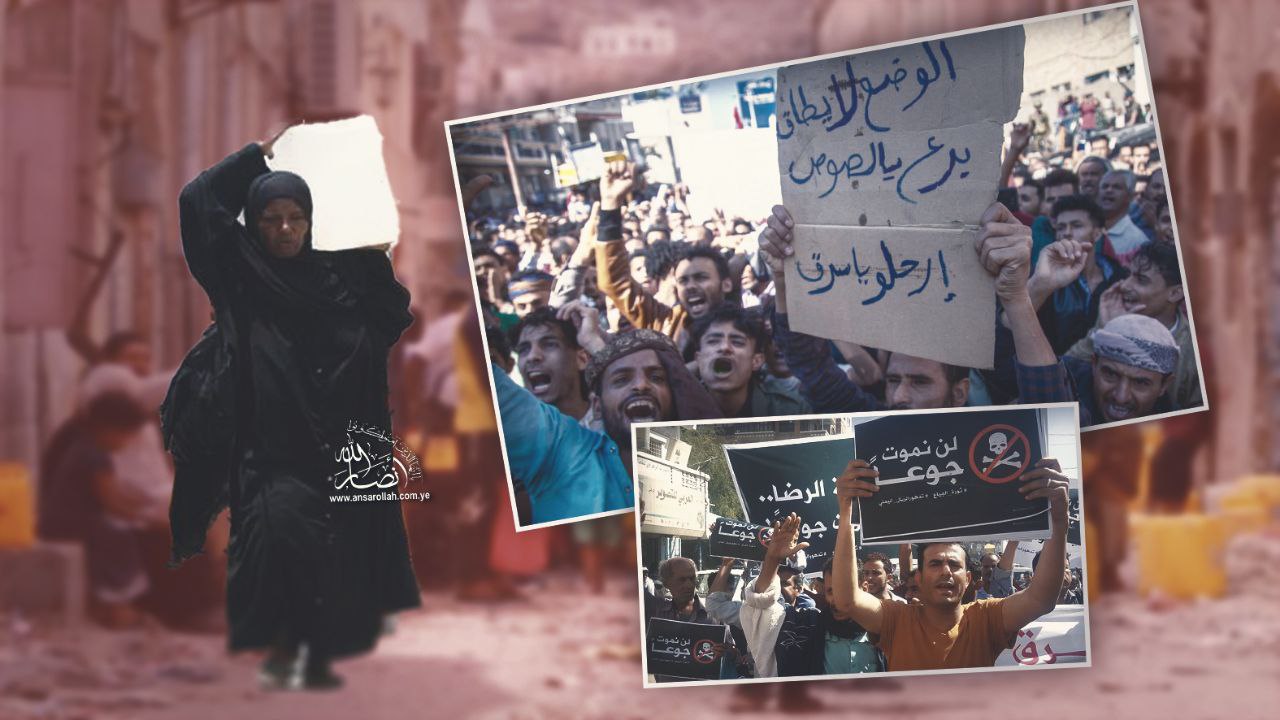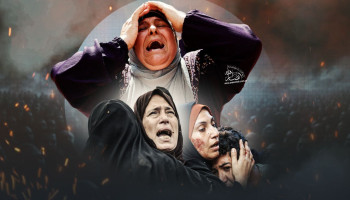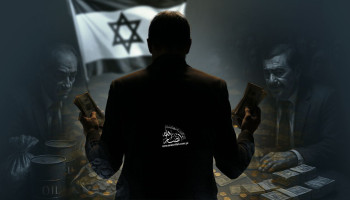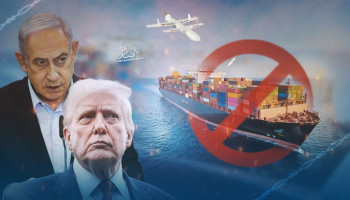Published: Muharram 20, 1447 AH
In the heart of a city still under occupation, poverty now ravages the people of Aden in ways even warplanes, artillery, and rifles never did. Once the economic capital of Yemen and its pulsating port, Aden has become the stage of unimaginable suffering. Today, guns, missiles, Saudi warplanes, and Emirati armored vehicles are no longer the greatest threat to the city's inhabitants—poverty, hunger, and betrayal have taken their place.
In this occupied south, people are crumbling beneath the weight of successive crises, while the world stands by silently, watching without lifting a hand or even raising a voice in protest. The bitter irony remains: the world once mobilized with fury under the banner of ousting the Houthis from Aden. But now, with poverty as the true enemy, no one stirs.
What is unfolding in Aden is not mere neglect. It is a deliberate policy of starvation—an occupation that dominates not through solutions, but through suffering; not through rebuilding, but through impoverishment.
A decade ago, the world roared to life. Armies mobilized. The so-called "Operation Decisive Storm" was launched. Regional and international powers united under slogans of "restoring legitimacy" and "liberating Yemen." But behind the lofty rhetoric lay a darker purpose. The world could not tolerate Yemenis asserting sovereignty in their own homeland, as they threatened illegitimate interests and tipped the balance of power. Aden was "liberated" from its own citizens.
And now, years later, the most pressing question remains: Who will liberate Aden from poverty? Who will shield its children from hunger? Who will rescue it from this relentless collapse in every aspect of life?
In recent days, social media has been flooded with agonizing testimonies, painting a painful portrait of a city in freefall:
Power outages amid suffocating heatwaves.
Medicine shortages in hospitals.
Skyrocketing healthcare costs.
A catastrophic collapse of the local currency.
In Aden, the exchange rate has soared beyond 2,875 Yemeni riyals per U.S. dollar, while in Sana’a it remains around 530.
This disparity is not just numerical—it reveals the complete economic implosion of areas supposedly "liberated" and backed by the international coalition.
Meanwhile, Sana’a—under siege and sanctions—maintains greater social and economic stability.
After the so-called "liberation," the people of Aden were promised that their city would be transformed into another Dubai—a transformation. Grand promises were made. But years later, those promises have proven to be nothing but illusions. The city has turned from a dream into a nightmare, from promises of reconstruction to a reality of hunger and humiliation. Services are disintegrating, the currency is collapsing, job opportunities have vanished, and people are now sleeping on the bare ground, squeezed by the unlivable conditions.
What adds insult to injury is that the forces imposing this reality—the occupying powers—are among the wealthiest in the region, sitting on boundless resources and wielding tremendous political and economic influence. Yet they have not offered the people of Aden even a crumb of bread or a sip of water.
Herein lies the truth: the war was never about "liberating Yemen" or "protecting the southerners." It was always about controlling ports and strategic straits, exploiting resources, and creating a fragile reality that keeps Aden permanently hostage to collapse. Occupation does not always come with tanks—it can come through starvation, cutting salaries, and leaving people to suffer in the darkness, without electricity or medicine.
Aden today has exposed the hollowness of slogans and the deceit of promises. It longs for justice, seeks dignity, and demands its right to live like any other people on this earth. The mask has fallen. It is now clear that occupation does not only mean military presence—it can also manifest as systematic hunger, deliberate impoverishment, and covert domination under a deceptive banner: "supporting legitimacy."
And one cannot ignore the role of those who contributed to this catastrophe from within—mercenaries of the aggression who abandoned their conscience and sold their country in exchange for false titles and tainted money. These individuals, who have chosen to be cheap tools in the hands of the occupier, are practicing corruption, looting revenues, and deepening the collapse. They are as responsible for this devastation as the occupiers themselves—and bear the shame of betrayal. The blood of the starving, the suffering of the sick, and the cries of children in the dark all rest on their shoulders. The people and history will hold them accountable.
History is merciless, and nations do not forget. And despite the pain, Aden continues to resist, clinging to the awareness and free will of its people. Poverty will not break it, occupation will not last, and the day will come when the volcano erupts—casting out the invaders, occupiers, and their collaborators once and for all.







